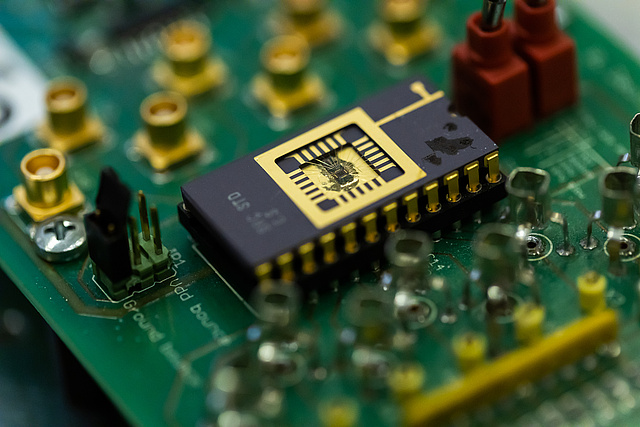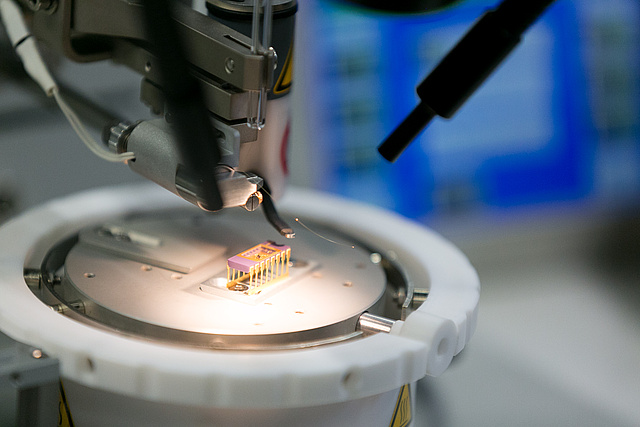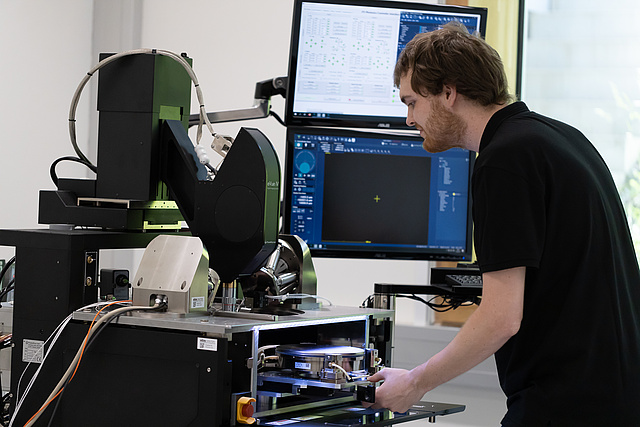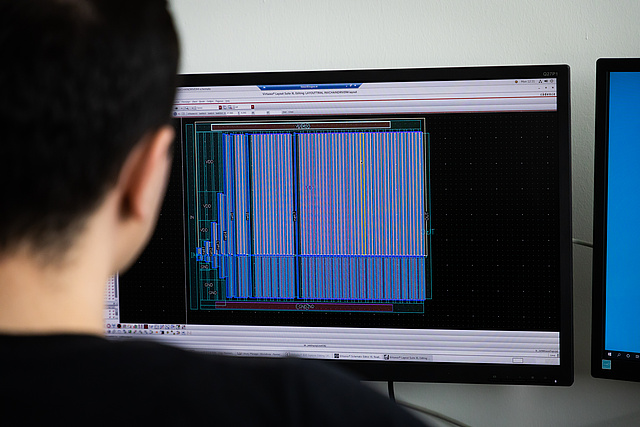
Quick Facts
You can complete the Major Microelectronics and IC Design as part of the following Master's programmes:
- Information and Computer Engineering
- Electrical and Electronics Engineering
(Major: Electronic Systems and IC Design)
The major comprises courses worth at least 40 ECTS credits.



